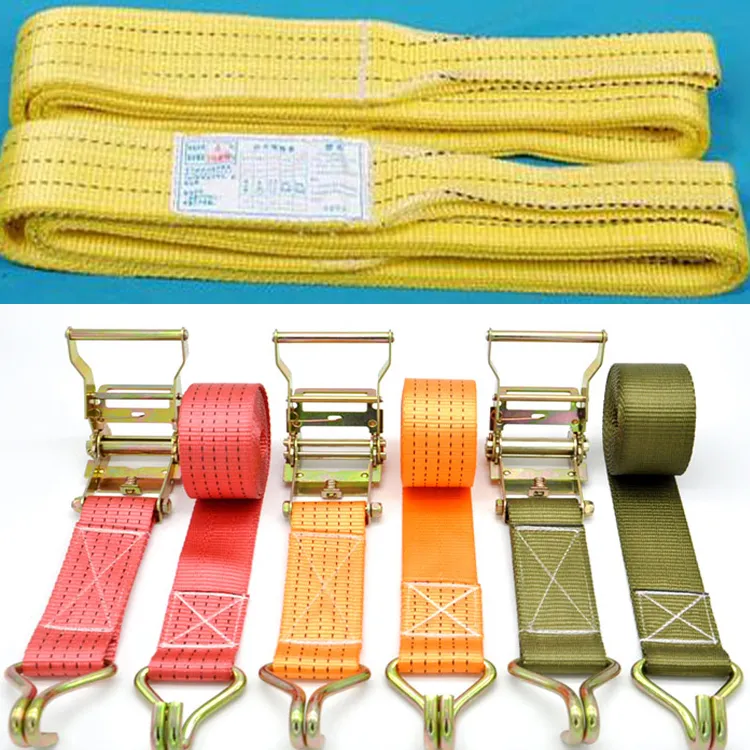Best Sewing Machines for Leather Upholstery Projects and Professional Finishing
The Art of Sewing Machine Leather Upholstery
Leather upholstery is a timeless choice for furniture and automotive interiors, offering both durability and elegance. The use of sewing machines in leather upholstery projects has revolutionized the way we create and finish leather works. With the right tools, skills, and knowledge, anyone can transform raw leather into stunning upholstered pieces.
Choosing the Right Sewing Machine
When venturing into leather upholstery, selecting the appropriate sewing machine is crucial. Not all sewing machines are equipped to handle thick materials like leather. Heavy-duty sewing machines or industrial models are generally recommended for leather upholstery because they come with stronger motors, reinforced frames, and specialized features.
For beginners, a machine with a walking foot is ideal. This feature helps in moving multiple layers of leather smoothly through the machine, preventing the top layer from moving faster than the bottom. Other useful features include adjustable stitch length and the capacity to use thicker needles specifically designed for leather.
Understanding Leather Types
Before beginning any upholstery project, it's important to understand the various types of leather. Full-grain leather, the highest quality, features the hide’s natural imperfections, providing a unique look. Top-grain leather is slightly corrected but still offers a luxurious finish. Suede and nubuck have distinct textures that can also be used effectively in upholstery.
Each type of leather behaves differently under a sewing machine needle, so it's essential to test stitch samples before proceeding with your project. This will help you determine the right tension settings and stitch lengths to achieve the desired outcome.
Preparing Your Workspace and Materials
Once you’re ready with your sewing machine and leather, it’s time to prepare your workspace. A large, flat surface is essential for cutting and assembling leather pieces. Use a sharp rotary cutter or a utility knife along with a cutting mat to ensure clean edges.
sewing machine leather upholstery

Joining leather pieces often requires special adhesives or double-sided tape to hold them in place while sewing. Make sure to have plenty of clips or clamps on hand, as pinning leather can leave unwanted holes that may not close up.
Sewing Techniques for Leather Upholstery
When sewing leather, it’s crucial to use the right needle and thread. A thicker, needles made specifically for leather will penetrate the material without tearing it. As for the thread, polyester or bonded nylon threads are preferred for their strength and durability.
Sewing techniques vary from simple straight stitching to more complex decorative stitches. If you’re creating upholstered furniture, employing French seams or flat-felled seams can enhance the durability and appearance of your seams.
Finishing Touches
After your pieces are sewn together, additional finishing techniques can elevate your upholstery project. Edge finishing not only improves the look but also protects the edges from fraying. Using a leather edge tool to burnish the edges creates a polished finish.
For added protection, consider applying leather conditioner. This will not only enhance the appearance of your leather but also extend its lifespan by keeping it supple and preventing cracks.
Conclusion
Sewing machine leather upholstery is a fulfilling craft that combines functionality with artistry. As you gain experience and confidence in your skills, you'll discover endless possibilities to create beautiful leather furnishings that stand the test of time. Whether you aspire to reupholster a beloved chair or create custom interiors for vehicles, the satisfaction of working with leather can be truly rewarding. Happy sewing!
-
Zigzag Sewing MachineNewsMay.12,2025
-
Single Needle Sewing MachineNewsMay.12,2025
-
Overlock Sewing Machine PriceNewsMay.12,2025
-
Heavy Duty Industrial Sewing MachineNewsMay.12,2025
-
FIBC Sewing MachineNewsMay.12,2025
-
Cylinder Bed Sewing MachineNewsMay.12,2025
-
Revolutionizing Sewing with CNC TechnologyNewsMar.28,2025





























